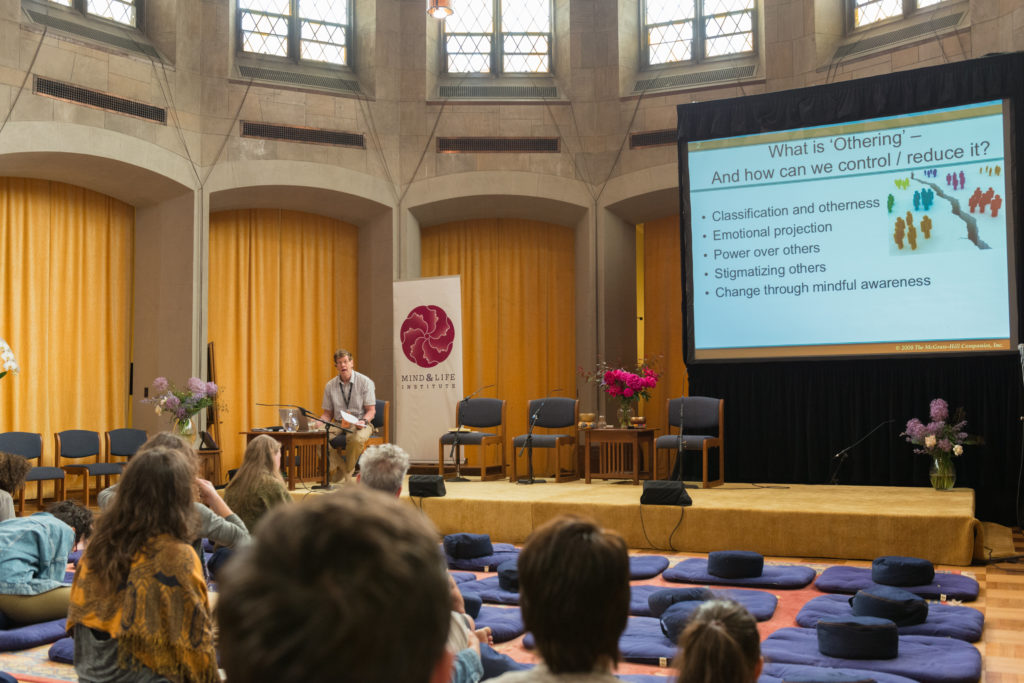Conceptual classification and linguistic reification are intrinsic to, if not diagnostic of, humans as a species. These potentiate but do not necessitate what Foucault calls “dividing practices,” which inscribe stigma and prejudicial discrimination weighted by power to effect domination and control of some classes of people by others. These processes entail intrasubjective dynamics, notes Bruce Knauft, whereby we classify ourselves as a certain kind of good or proper person in contrast to “others.” From a Tibetan Buddhist perspective, this reflects and reinforces both a reified form of self-grasping and the grasping of imputed designations in an external world. This can be seen in warfare and genocide as well as in domestic violence.
Both in evolutionary terms and across modern societies, polarization and enmity between classes of people—based on constructions of ethnicity or nationality, religion, race, and gender—are not natural or given but highly variable and greatly changeable; social differences can be either benign or virulent as shaped by culture, politics, and individual understanding and choice. Subjective empiricism in mindfulness training provides a way to become more self-aware of our attributional proclivities and biases—and affords an important means of controlling or combatting negative stereotypes. In recent decades, the critical social sciences have been good at identifying oppressive dividing practices across human societies and history, but there is less understanding of the intrasubjective processes that we can harness to channel and change these conditions in practical terms. In language, our communications combine both referential trust and designational suspicion—the validity of words and the possibility of deception or lying. This informs the scientific suspicion of subjective understanding and self-reporting—and limits our ability to cultivate the insights and value of mindfulness training more seriously and productively.
Against this, mindfulness practices, including as highly developed in Tibetan Buddhism, are particularly well-suited both to alter negative stereotyping in ourselves and to understand and engage it more effectively in others.


Bruce Knauft, PhD
Emory University
Bruce M. Knauft is Samuel C. Dobbs Professor of Anthropology at Emory University, Atlanta. Author of eight books and numerous articles and chapters, Dr. Knauft has special interest in cultural … MORE

